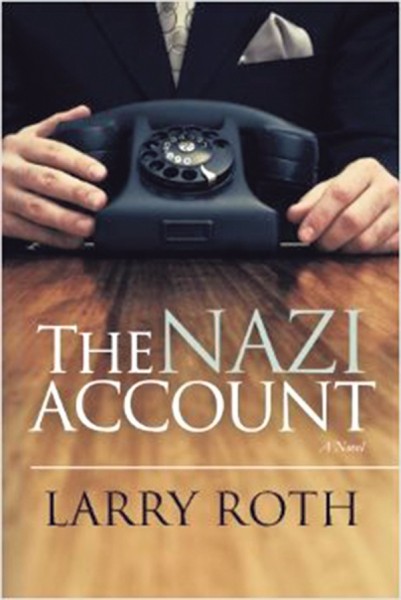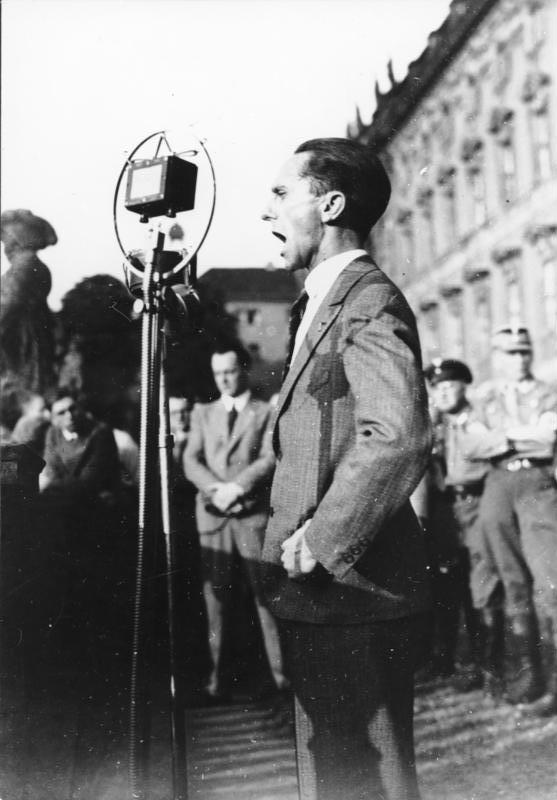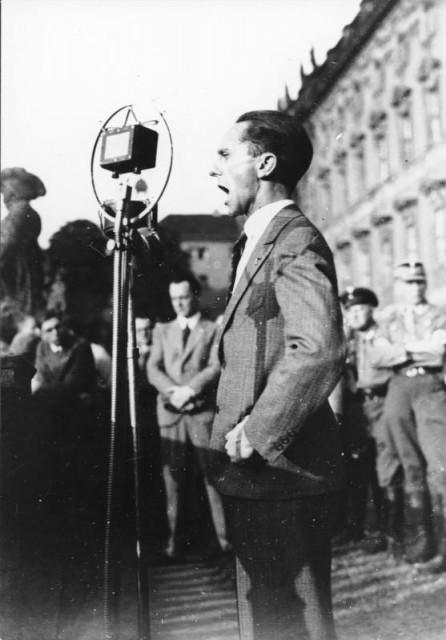In 1933, the US based public relations firm of Carl Byoir and associates were contracted by the German Railroads Information Bureau, which was a state sponsored entity designed to send out flashy brochures and other information promoting Germany as a romantic tourist destination. At least, this was the supposed job of the bureau.
Within the brochures were destinations, such as the Reich chancellery together with long descriptions of the German population’s love and devotion to the Fuhrer.
This was all designed to sway public opinion in favour of Germany. The true effect is not known but the bureau staff were ordered to leave the United States shortly after hostilities escalated and put the two countries at war.
Many other German organizations were found to be spreading propaganda and were also closed down. The other main offender was the German Library of Information.
Carl Byoir was investigated in mid 1940 for alleged Nazi propaganda activities. He was however cleared of any “un-American” activities after an investigation by the FBI.
The problem for Carl Byoir came back to the contract with the German Railroads Information Bureau. The contract had been negotiated by an employee of Byoir and associates named George Sylvester Viereck. Viereck had begun his pro German propaganda activities in 1914 when he supported the Kaiser. He had continued his activities throughout the twenties and thirties.

Viereck had been employed for about a year when he traveled to Germany and negotiated the contract. It was easy for the FBI to track what he was doing as he was so overt in his activities. This came to typify the German approach to propaganda and spy activities. It became very easy for US and British intelligence services to break so many German spy rings through the course of the war.
In 1934, a US government committee investigated Carl Byoir and associates’ dealings with the German government. Another PR firm was also investigated. As a result, the German embassy terminated the contract with Byoir, the New York Observer reports.
Viereck was again employed by the German government in 1939 when he was supposedly employed by a newspaper in Munich. Information was sent to the German government by Viereck during this time. In 1940, Viereck controlled a small publishing firm which proceeded to produce books designed to undermine trust in Britain and the United States.
Viereck also succeeded in influencing some isolationist congressmen within government and wrote several speeches for one particular senator. he was also involved in forming a committee which called for all British and french assets within the United States to be seized as payment for World War I.
Viereck was eventually discredited along with the isolationist movement, which was seen to be controlled from Germany.
Read more about The Nazi Account by Larry Roth that inspired this story on New Jersey Jewish News or on his website http://www.thenaziaccount.com/

